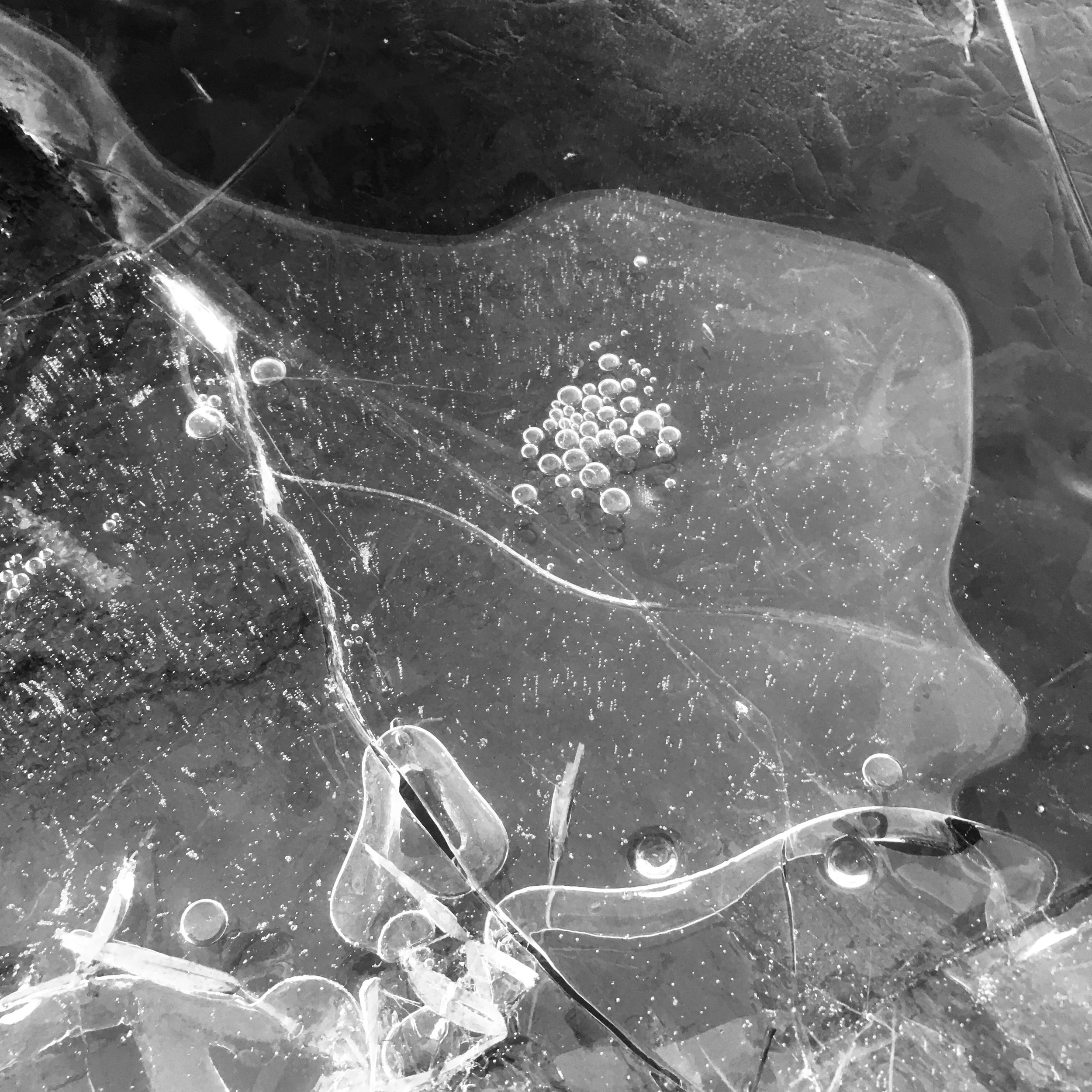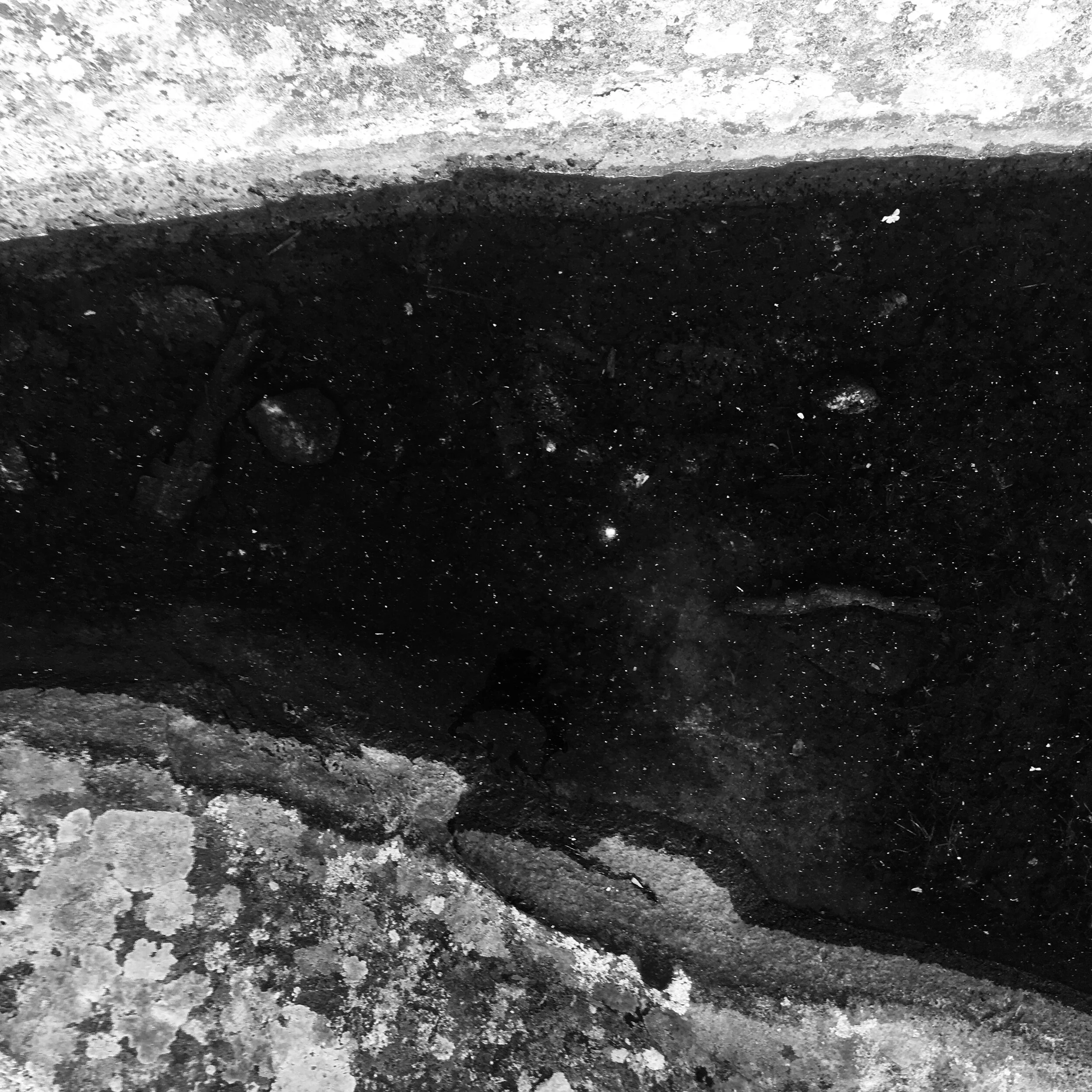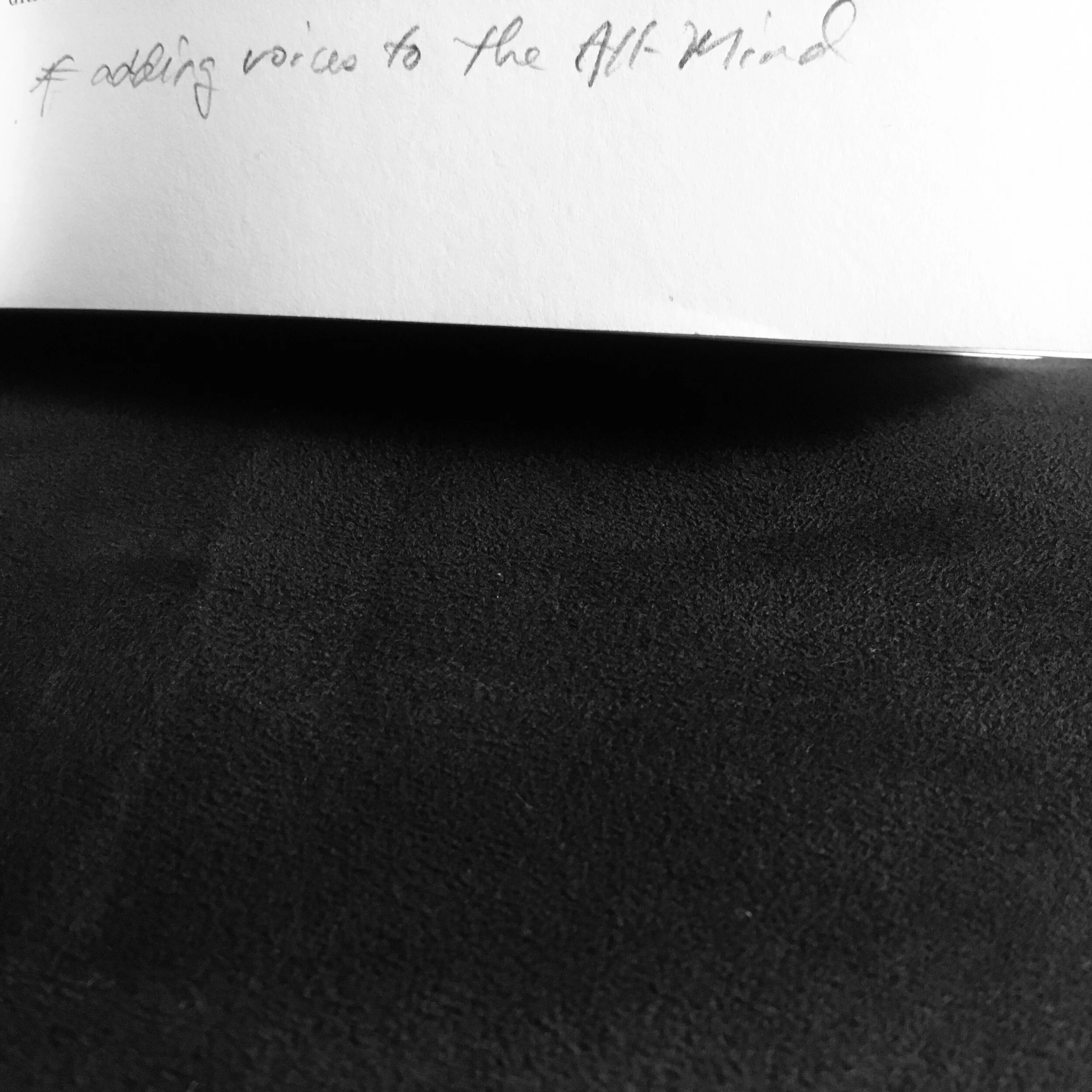Use your mind; ponder political capital; save your chips for rain.
Lines drawn in the sand.
Come on, Ernest, choose your battles. You’re not even in yet.
Ernest Curtis most stubborn. Gets him in trouble, predicaments into which he descends out of which he never climbs.
Can I paint a battle between a god willing it could happen watch what you say choose your battles possibly soon-to-be mother-in-law and this man called Ernest? Can an in-law war hold novel? Ernest and Rosa in love: scuttled?
Not playing his cards properly. There are sisters and one day brothers-in-law offering opinions. For Hannah’s mother no brainer: Ernest is in no position – not “at this stage of your relationship” – to defy their mother.
But the visionary! Ernest Curtis with vision mission. Can’t shut the man down. No human being on earth can stop him once he’s begun. Six hours staring at an atlas. Reading, preparing, nobody can touch this man. Not a mother-in-law.
Line drawn in the sand. Battle brewing. There’s Arches, Bryce, Zion, high desert plateaus (devoid of snow, arid, cold, desolate), vista ranges and basins and all that in between grows. Landmarks and landmines. Nevada Utah Colorado New Mexico, the “Trip of a Lifetime,” cellphones snow tires and chains in the trunk, promises not to drive inclement weather, assurances, insurances, the careful, cautious, able bodied. His parents’ blessing; his mother: “Didn’t give it a second thought.” Could there be a familial war brewing? No way this is going to happen. The Goys and the Hebrews? No way Rosa and Ernest can bring this together, no money no power no mighty right.
“Would you rather be right or happy?” some woman says at the dinner party at Hannah’s house.
Up past her bedtime. Hannah’s parents the only married couple, of four couples, and the rest, women especially, eyeballing Hannah and holding her oohing. “I’m ready,” Sarah said. Look at her go. Job, career, where to buy a house, school system, can you afford private, what about Eugene, Portland, Seattle, Bainbridge. Ernest talking Vancouver and “Besides, I’m really Canadian.” This woman, new friend of Hannah’s: “Would you rather be right, or happy?”
And to Rosa, sitting on the couch: “What’s your gut instinct? Say the first thing that comes to your mind.”
Rosa without hesitation, Ernest watching, “I don’t want to upset my mom.”
Ernest, the dinner party, quizzes Hannah’s father, Hannah’s mother, gathered friends, he can see it now: line in the sand, truly formed battle, careful where and when you decide to put your foot down.
“I feel like stomping,” Ernest says, referencing feet. And if this is a war, I’m ready. I’m going to win.
Our hero’s stance? Have we Rosa’s gentle man? Will mother-in-law swoop in, end his hopes, girl of his dreams? Will they elope? Closer to the issue, will Rosa, even for love, challenge her mother’s wishes? People doubt it.
Somebody says, “Jewish mothers; careful.” Must have been David the Scientist. Was Ernest Curtis listening?
“I have to call my mom,” he said. Refers to her during tough and trying, deep and important. Listens to her advice. She’s a smart woman. She’s a psychologist.
Ernest sees mesas dissolving. Castle made of sand; tall chimney in the desert disappearing. And what of dropping to one knee? Had he been planning it? The lot of it fading. Plane ride now probable, and the long walk with mom and pops and perhaps his aunt, discussing a ring. Ernest disallows mission diversion. Mean to say, in order to slow him down, you have to have reason, hard science, good ideas. David the Scientist ably reasons, shows the way in an argument. Now, dealing with Rosa’s mother, he refuses to allow emotions slow momentum. If good idea, might sit down and listen. As it stands, sees sunsets above Vermilion Cliffs ponders Navajo Bridge.
How abysmal to witness visions fading. Anyone who’s watched dreams dead or shelved or opposed relates. Especially when you consider tendencies to anger, exploding, red ears, spittle: Not at Rosa, goodness knows, all of that, but walls and ceiling. A necessary distinction; a very important decision. Here marks the line in the sand. Can’t back down; may not capitulate; emotion won’t rule the day. Obdurate declarations of “I’ll drive!” and “You fly!” bounce around his head. His stance, his position, plays as he watches in disgust, absolute internal pain, more than angst, physical suffering, atlas day-dreaming desires finding keen rivalry, rising in her power. The woman he needs as an ally. Come on, Ernest, be careful your battles. Think political capital. Do you know the stand you’ve taken? I wonder.
The vermilion cliffs disappear in a cloud of red dust. Edward Abbey dead husk. His classic masterpiece never sold a copy. There is no bridge over the Colorado. There are no Rockies. He sees his palace and it’s made of desert. For a time he thought that was a good thing.
In the living room dinner party. It is here, among comrades and mates, quizzing man of the house Hannah’s father, listening to Rosa tell her friends things she’d neglected, out of fear, to tell Ernest, bearing looks from Hannah’s mother, night, views over sparkling lights and the city with many hills, that Ernest saw Vegas draw hazy in the distance. He began to see another way. He worried about the R.
Could it have been? Ernest planning to drop to one knee? Not, as we have pointed out, at the bottom of the Grand Canyon. But an announcement over some dinner, beyond Thanksgiving perhaps the Christian one with pot roast, ham and turkey sitting around a grand table in front of a fire and Christmas tree. Maybe that one, an announcement. After dropping in the desert; getting this thing started; without asking mother’s permission, without stopping in St. Louis for formal submission. He could have done it. Elopement and its consequences not foreign to his vision, no his aesthetic, no his milieu. Not the Grand Canyon, but possibly Canyon de Chelly before indigenous ruin, mystical sunset (short sleeves walking tall calm in balmy) next to Navajo shepherd and ambling river. Yes, he could do it, no problem.
This is difficult for me: keeping up with Ernest and Rosa: they’re moving fast. For example, on the night of the dinner party and long conversations about their mother, another party attended, deeper into the night, one large man kissing with his tongue, no his esophagus, the et cetera of a woman, these postmodern times just ask Zadie Smith, moving, as it stands, faster and closer to Truth or Consequence, stranger’s hands, girl acting inappropriately according to the Queen of England. But it was her birthday, in a bar being watched over, all of this, the man with such a mouth and tongue and esophagus and lungs, kissing her with his stomach, organs external prominent, she kissing back however watched over. The bit shocking for Rosa was that they were, five minutes ago, strangers, he the manager of the place and Ernest feeling protective, something, all of it, this second party, and you are not going to hear of it.
See how busy they are; how quickly they move and how difficult to keep up. Because there are themes and elements, darn tension, that must be embraced first, battled at the dinner party, mind-blowing tension with familial consequences, with R and E and W and M and the ensuing screaming and keep you up all night B hanging in the balance, war during trying times, war contained within a love story, where do you draw the line and how deep? Ernest battling mostly, along with Rosa, confusion.
Further, difficult to keep up with them, frenching couple later in the evening, large man leaning over the bar, was he shaking Rosa’s hand, sexual tension all over this. Absolutely, possible tragedy, no the tragedy, infidelity and pain, that the heroic couple, heroine saving the world, is a cheat and a whore, the couple rent, entire story shot, pain and suffering, bar drinking debauchery, slow dying galore. Rosa a whore? No way! Not in keeping. Pure and pristine. Right? Aha! The secret movements of great storytelling: One can never tell, one can’t be too sure. There’s snow white with seven dildos and divorce and the kids with their mother during the summer only. Oh, God, when peace and happiness achieved, when this hole hit, appreciate absolute miracle.
Of what do I speak? Come on, get with me: mean, if you go M then B and a long history of health and many years, old age peace, grandchildren happiness, aged wisdom, calm awareness, it’s an absolute miracle. Like, odds-wise. Especially with love in the time of viruses. Therefore, in this American tale, anything can happen. Triumphant turns tragic overnight, on a dime, snap of fingers. Witness pregnant women and twin falling buildings. Who asked for that, showing up to work, innocent?
Ernest believes Rosa pure (Ernest’s father, “What does that mean, son?” Even in the twenty-first, people we know doing hymen checks) and we generally assume the same. Freedom from evil? Who can say. But, there’s Ernest: he’s been a bad man, lecherous bar-drooling lip, can I buy you a drink? In fact, when he gazed at the party we are not mentioning at the massive wolfhound practically eating this frail woman, chomping on her, ready to go, he appreciated that moment for the man. What’s it like to score your candy? To find ultimate fun, up all night gonna get lucky, night of love, pants up before dawn, “I’ve got to go,” knowing longing but ignoring. Ernest knows. The story could careen his way, tilting, no lilting, story that dissolves because of his undoing. It is possible. All I’m saying is that if they hit the hole it will be a miracle.
Battles waged, lines drawn, foot stomping, and, Ernest come on, political capital. Don’t blow it with the mother, not the mom, not the one. Your ally. The single person who will put the two of you over, in final wisdom, sharing her daughter with you. David the Scientist: “Man, don’t piss off the mom!”
Hannah’s mother, for reiteration (employing recognition technique, reader-friendly) Rosa’s sister, yes, she said that, “Mom’s being irrational.” But this admission did not translate into support or approval. Rosa thinks because her sister is a new mom with an inquisitive baby. Don’t mess with the mom.
As it most assuredly stands, there’s Ernest in the candlelight, well-conversation living room, not without support, especially from Couple One and Two, staring at the wall seeing for the first time desert dissolving, disappearing mesa and butte, canyon and Native American, Abbey and Motel 6, “the trip of a lifetime,” inspired dropping to one knee. He sees dirt composite hole-ridden chimney, withstanding winds of time (the poet and the geologist take issue, Time being one of those things and the Winds of Time dealing with that chimney in the first place, forming), dissipating more quickly than slowly, sped-up time, captured on camera, moving for you, for us all. He watches the wall and sees his desert de-blooming. Sees it for the first time.
For my own money, I think it was the one day you’d suppose brother-in-law saying, “I don’t think you should do it. Think of political capital. If you fight this one, what’s left? I would wait until you guys get married.” Whole lot of assuming going on and on.
It was the way Hannah’s mother looked at him. “You just don’t know our mom,” she said. Vibe in the air. Swan singing. Did he feel like he was losing, or winning? Open to interpretation.
Even before talking with his own, Ernest began to see an airplane for the first time. I wanted him to fight and win, mostly so we could take a trip through the desert during trying times, motel television, winter desolation: would have been fun to paint a pretty picture. Ernest, staring at the wall over chicken and wine, sees an airplane.
His mother sides with her mother. Parents being practical. You choose your battles, his mother said. And so airplanes flying, Denver International, and “You can spend more time with us,” formed a certain reality. He still worked on the Plan of the Ring. No dropping to one knee in the desert. No elopement. See what else he can conjure. Yes, “More time with us,” his mother said, and he saw Scrabble and kitchen table cards.
Of course he must walk with pops and mom and an all-powerful aunt (for she holds it, matter of fact).
One day on the Front Range it will be 55 degrees; another 10 and cold driving wind. His brothers mocking.
Before we get there, Rosa running madly along the avenue on a Saturday buying Hanukah presents. Clash of cultures? Oh, come on, not anymore. Not these days. Oh, really? Probe.
She on the avenue going mad, gifts for all, Christmas gifts and Hanukah gifts, candles, hard green apples and clay persimmons with lids for holding rings and things. The Holiday Season, always coming around season of family, capitalism, overeating, buying, honest loving, interruption. Rosa arriving home with bags, plastic sacks and a whole load of ideas. Wants to make gifts, have a crafts day, poetry on paper wrapped around small candles round glass votive.
Ernest after phone calls with parents wearing too-large bathrobe, breathed urban oxygen on the front stoop, already a woman in a Land Rover who at home a telescope on her balcony laughed at him. Ernest with the sniffles.









